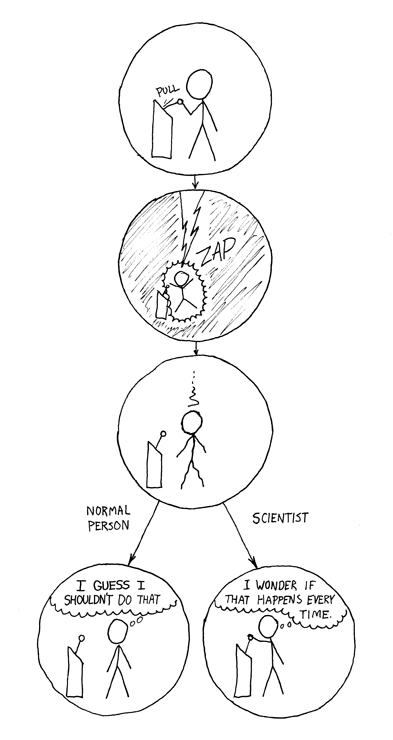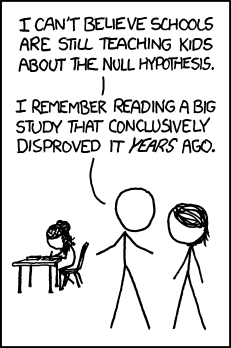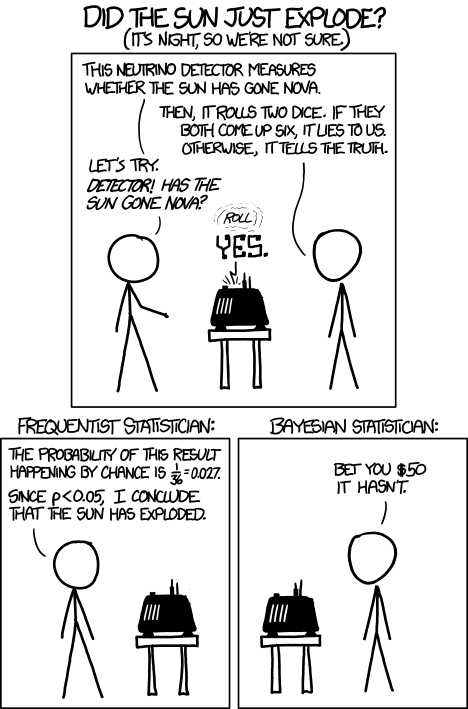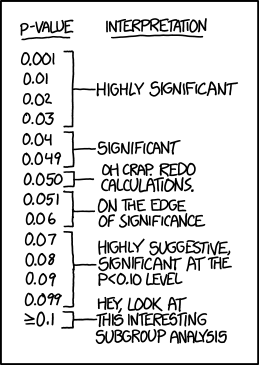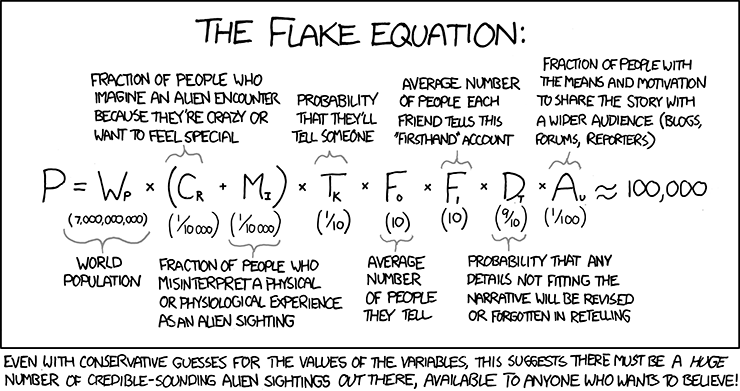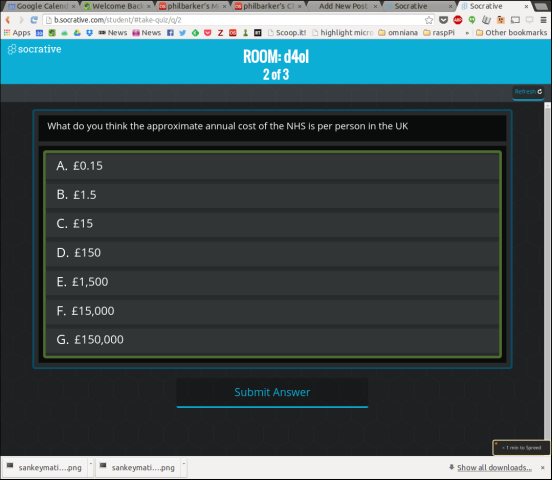These are three resources that look like they might be useful in understanding and avoiding gender bias. They caught my attention because I cover some cognitive biases in the Critical Thinking course I teach. I also cover the advantages of having diverse teams working on problems (the latter based on discussion of How Diversity Makes Us Smarter in SciAm). Finally, like any responsible teacher in information systems & computer science I am keen to see more women in my classes.
Iris Bohnet on BBC Radio 4 Today programme 3 January. If you have access via a UK education institution with an ERA licence you can listen to the clip via the BUFVC Box of Broadcasts. Otherwise here’s a quick summary. Bohnet stresses that much gender bias is unconscious, individuals may not be aware that they act in biased ways. Awareness of the issue and diversity training is not enough on its own to ensure fairness. She stresses that organisational practise and procedures are the easiest effective way to remove bias. One example she quotes is that to recruit more male teachers job adverts should not “use adjectives that in our minds stereotypically are associated with women such as compassionate, warm, supportive, caring.” This is not because teachers should not have these attributes or that men cannot be any of these, but because research shows[*] that these attributes are associated with women and may subconsciously deter male applicants.
[*I don’t like my critical thinking students saying broad and vague things like ‘research shows that…’. It’s ok for 3 minute slot on a breakfast news show but I’ll have to do better. I hope the details are somewhere in Iris Bohnet, (2016). What Works: Gender Equality by Design]
This raised a couple of questions in my mind. If gender bias is unconscious, how do you know you do it? And, what can you do about it? That reminded me of two other things I had seen on bias over the last year.
An Implicit Association Test (IAT) on Gender-Career associations, which I took a while back. It’s a clever little test based on how quickly you can classify names and career attributes. You can read more information about them on the Project Implicit website or try the same test that I did (after a few disclaimers and some other information gathering, it’s currently the first one on their list).
A gender bias calculator for recommendation letters based on the words that might be associated with stereotypically male or female attributes. I came across this via Athene Donald’s blog post Do You Want to be Described as Hard Working? which describes the issue of subconscious bias in letters of reference. I guess this is the flip side of the job advert example given by Bohnet. There is lots of other useful and actionable advice in that blog post, so if you haven’t read it yet do so now.
